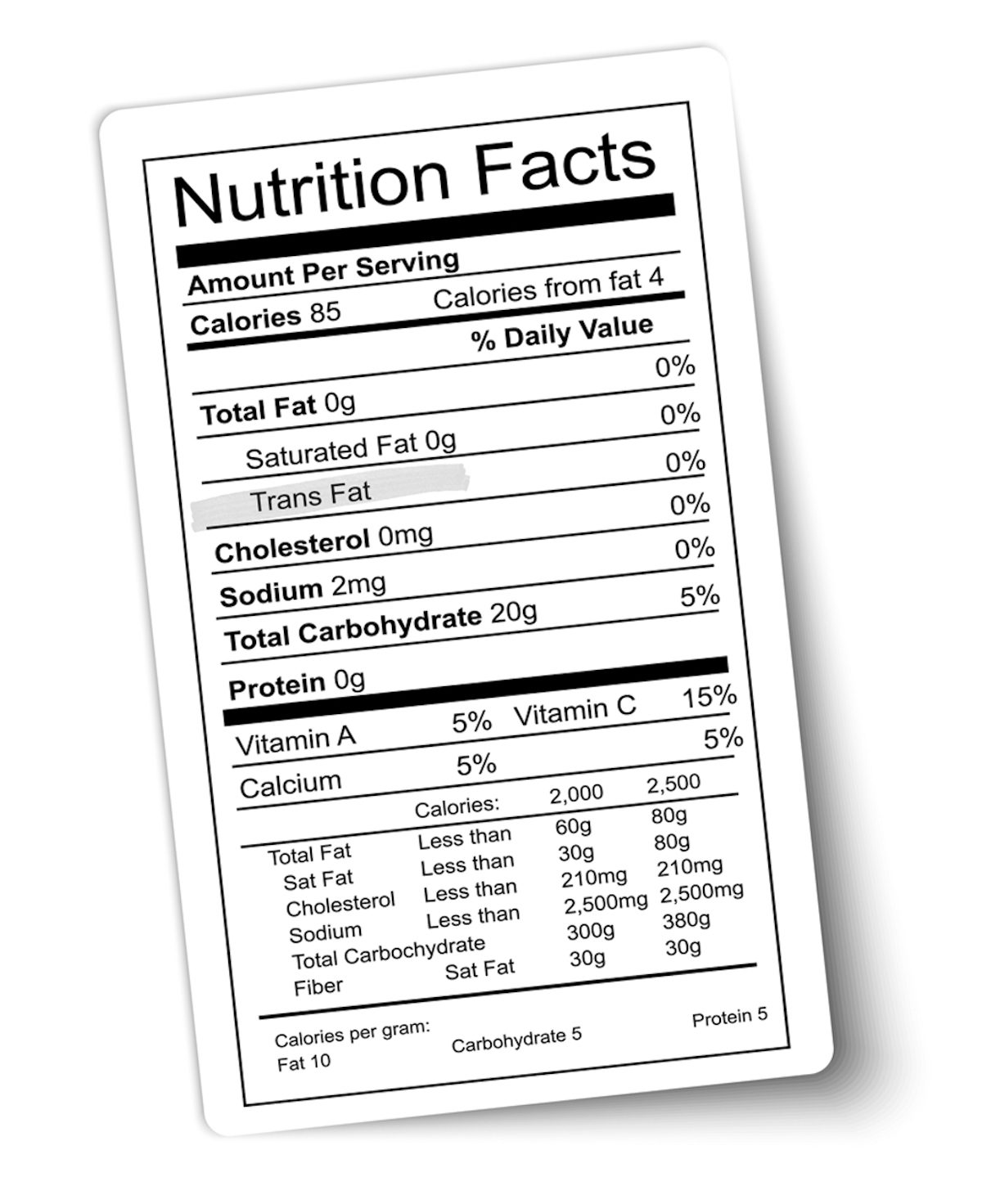
Turn on the nightly news or sign into your favorite social media site, and you’re likely to see reports of scary and disturbing events happening around the world. Knowing what’s going on is important, but sometimes it also can feel like too much.
“Repetitive and even near-constant exposure to stressful events, especially those beyond our control, can lead to feelings of hopelessness and depression,” says Robert P. Bright, M.D., a psychiatrist at Mayo Clinic (Arizona). “Sometimes the ‘bad news’ seems to be coming from every angle. It can be very overwhelming.”
Stress can lead to burnout
When people are stressed, their adrenal glands release a hormone called adrenaline. This hormone gives energy to get up and fight. But when you’re constantly exposed to stress, you can become physically and emotionally exhausted. You burn out.
Burnout can feel like:
- Lack of energy.
- No motivation.
- A sense of hopelessness.
- Depressed mood.
- Apathy and indifference.
- Withdrawal from others.
- Eating too much or too little.
- Disrupted sleep.
How to cope when the news is overwhelming
Anxiety can build when people feel that a situation is out of their control. But specific coping strategies can help you feel more in control. Try the tips below when worry about the news starts to disrupt your life:
- Limit your exposure to news media. The constant flow of news can heighten fears and anxiety. It can be hard to stop scrolling but try to give yourself a limit. Consider checking the news once in the morning and again in the evening.
- Avoid staying up late to monitor news. Leaving the news on can keep stressful events on your mind. Instead, turn it off and let your mind relax for sleep.
- Seek out reputable sources. Turn the news off when you notice the anchors or guests offering opinions rather than confirmed information. You also can block social media accounts that spread information that isn’t accurate.
- Find activities you enjoy. Instead of reading or listening to the news, do something you enjoy and find calming. You might feel better after taking a walk, doing a hobby, or eating a healthy meal.
- Connect with others. Reach out to friends and family for support. You could discuss ways to help solve the problems you see in the news. Maybe your group could make care packages, do a fundraiser or volunteer to plant trees.
Help is available
Sometimes stress and anxiety may become more than you can handle on your own. Help is available. Contact your primary healthcare professional if you experience:
- Difficulty sleeping.
- Changes in eating patterns.
- Difficulty concentrating on your daily tasks.
- Feelings of helplessness, hopelessness, sadness that lasts a long time or overwhelming worry.
Source: https://www.mayoclinic.org/connected-care/how-to-ease-anxiety-when-the-news-is-affecting-your-life/











